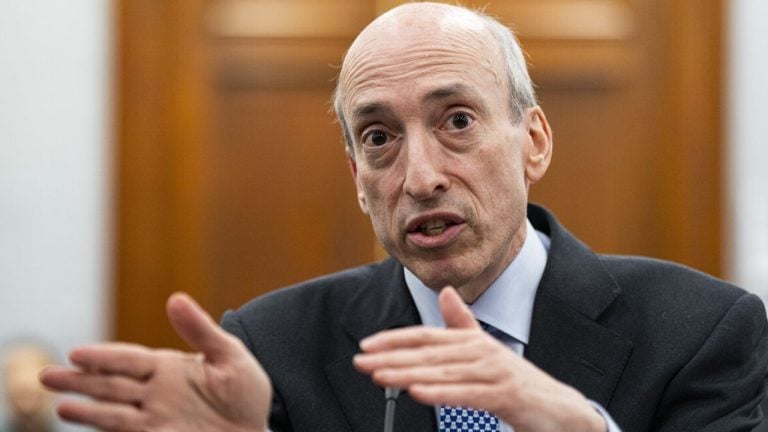
The SEC says case dismissal without prejudice is “normally granted” when a plaintiff requests it, but the court has criticized the agency’s current suit.
The United States Securities and Exchange Commission (SEC) has made another move in its attempt to have its case against cryptocurrency mining software firm Digital Licensing, doing business as Debt Box, dismissed. The agency filed a reply to its motion for the court to dismiss the case without prejudice, which would allow the agency to sue Debt Box again.
The U.S. District Court for Utah Northern Division sanctioned the SEC for “gross abuse of power” and dismissed its first attempt to have the case dismissed without prejudice. It also ordered that Debt Box should receive reimbursement of legal fees. Debt Box asked the court not to dismiss the case without prejudice, calling the move a ploy to avoid permanent dismissal.
The SEC argued that the ability to refile an action was in the interests of Debt Box investors, and precedent showed that the court “normally should grant” a plaintiff’s request for dismissal without prejudice. It stated:












